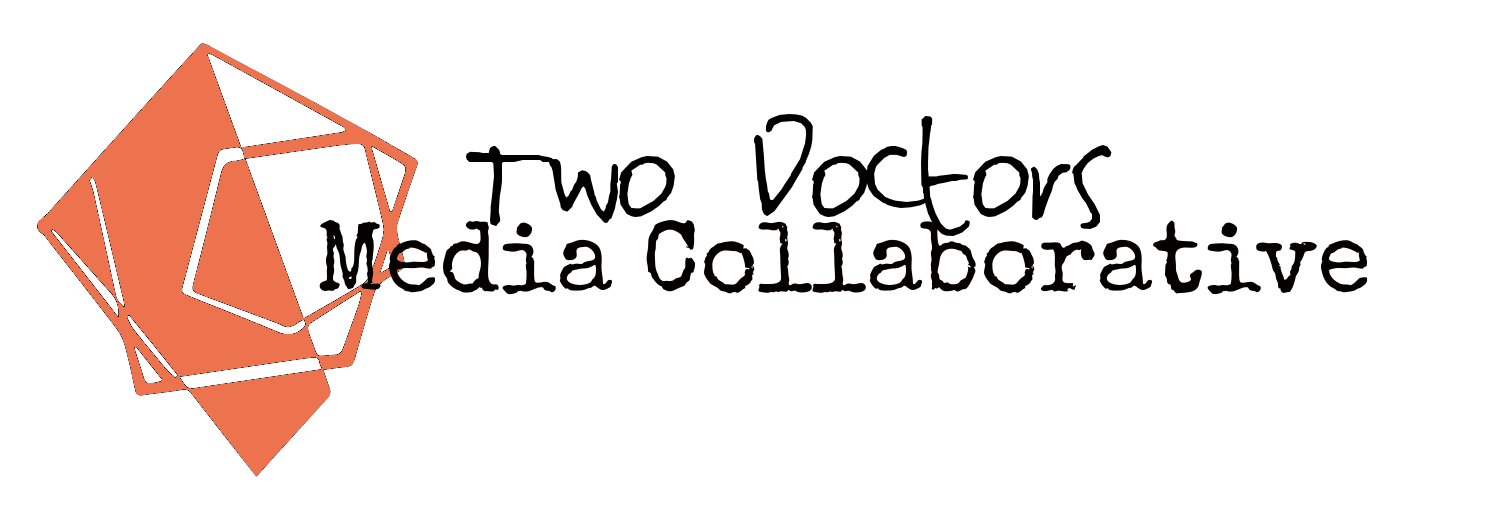Welcome to The Book Builder’s Blog!
Well, this is The Book Builder’s Blog, after all, so I suppose I better begin explaining what it means to build a book. I’ll also lay out a road map, identifying the many topics it will cover.
What does it mean to build your book, rather than write your book? I know what you’re thinking: C. D., in order to build your book, you must write. And of course! But in order to write, you must also build. They go hand-in-hand, and I wish to focus on the constructive aspects of our craft.
Over the years, I’ve heard authors throw around lots of different terms to describe their “process.” They ask questions like, “are you a pantser or a plantser?”
More traditionally stated, “do you outline your novels, or do you discovery write?”
The Book Builder’s Blog will not only dive into those sorts of questions, but it will explore what happens before a writer even begins outlining or discovery writing. Together, we’ll dive into the germination of ideas that occurs before “story” begins to form.
But we’ll go beyond the written word, too. We’ll discuss the procedural aspects of writing a book, considering when authors should consult editors, beta readers, and literary agents. When should an author self-publish? When should an author give up on a manuscript?
Many posts will center on one of my favorite topics: worldbuilding. A concept often delegated to the fantasy and sci-fi genres, which I write, it’s also a tool used by every writer, no matter what genre they pen. Every story has a world, has rules, has boundaries.
We’ll also dive into the complicated structures that form your stories. What are scenes? What are plot and character arcs? What are themes? What traditional narrative structures exist, and how can we break their rules?
Finally, and by request of my friends on Twitter, The Book Builder’s Blog will explore the many legal hoops authors must jump through on their quests to present their stories to the public. What contractual terms with your editor are friendly to the editor, or friendly to you, the author? What does copyright really mean, and what rights do you hold the moment you create a document on your computer?
How do I ensure I don’t sell my soul to a publishing house when they offer me my first 5k advance?
We’ll answer all these questions and more, though I can’t promise a definitive answer to that last one.
Cheers,
C. D. Tavenor
Director of Editorial Services


